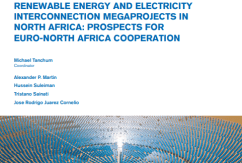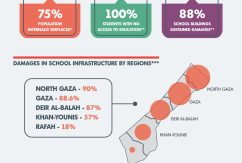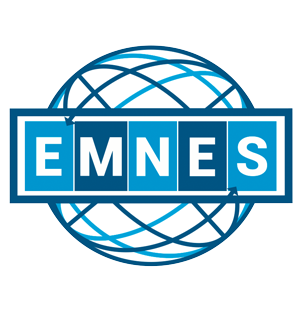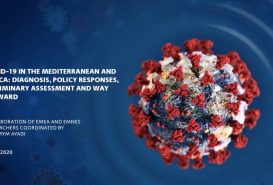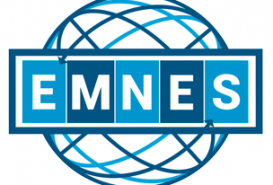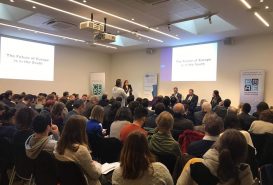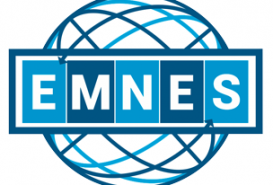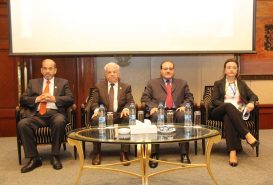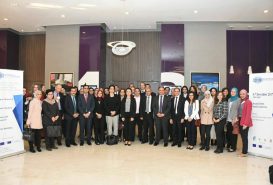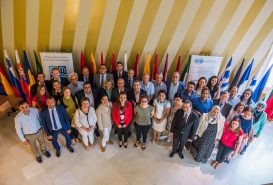Euro-Mediterranean Network for Economic Studies – EMNES
Brief Description
The Euro-Mediterranean Network for Economic Studies – EMNES is a network of partners and associate research institutions and think tanks working on the Mediterranean region. EMNES aims to provide a renewed vision for socio-economic development in the Mediterranean region, mainly focusing on job creation, social inclusion, and sustainable development, producing books, studies, scientific and policy papers.
Countries covered: Algeria, Egypt, Israel, Jordan, Lebanon, Libya, Morocco, Palestine, Syria, Tunisia.
Objectives
EMNES has four overall objectives:
- Form a network of partners and associate research institutions and think tanks working on the Mediterranean region to collaborate to develop a renewed vision for socio-economic development in the Mediterranean region.
- Design innovative socio-economic models for the Euro-Mediterranean region that are inclusive, sustainable and employment creative.
- Provide policy recommendations towards this goal for the Euro-Mediterranean Partnership.
- Involve both senior and junior researchers from both Northern and Southern countries in the Euro-Mediterranean region following a bottom-up and participatory approach.
Actions in brief
EMNES brings together economic policy research institutes, think tanks, researchers and experts from various countries across the Euro-Mediterranean region to collaborate and develop research activities related to socio-economic development in the Mediterranean region organised in the following six research areas:
- Institutions
- Private sector development and MSMEs
- Human capital, innovation and migration
- Macroeconomic policies
- Finance and the real economy
- Economic integration
Activities in the research areas are implemented in three stages:
- First stage: assessment of the status quo
- Second stage: develop and test innovative thinking and economic models
- Third stage: provide policy recommendations
The outcomes of these activities are disseminated through a series of internal and external publications and the organisation of conferences and workshops bringing together leading researchers, policy makers and representatives of civil society to discuss optimal policies for the future of the Euro-Mediterranean region.
Implementing partners: Centre of European Policy Studies – CEPS, (Belgium), Euro-Mediterranean University – EMUNI (Slovenia), Freie Universitaet Berlin – FUB (Germany), Faculty of Economics and Political Science – FEPS (Egypt), Institut Agronomique et Vétérinaire Hassan II – IAV (Morocco), Institut des Hautes Etudes Commerciale de Carthage – IHEC (Tunisia), Institut Tunisien de la Compétitivité et des Etudes Quantitatives – ITCEQ (Tunisia), Euro-Mediterranean University of Fez – UEMF (Morocco), Yarmouk University – YU (Jordan), Euro-Mediterranean Economists Association – EMEA (Spain), Institute of Computers and Communications Systems – E3M lab, National Technical University of Athens – ICCS (Greece), Istanbul Policy Center – Sabanci University – IPC (Turkey), Fondazione Eni Enrico Mattei – FEEM (Italy), Forum for Euro-Mediterranean Innovation in Action – FEMIA, Institute of Studies for the Integration of Systems – ISINNOVA (Italy), Centro Internazionale di Alti Studi Agronomici Mediterranei – Istituto Agronomico Mediterraneo di Bari – CIHEAM (Italy), University of Barcelona Regional Quantitative Analysis Group – UB-AQR (Spain)









